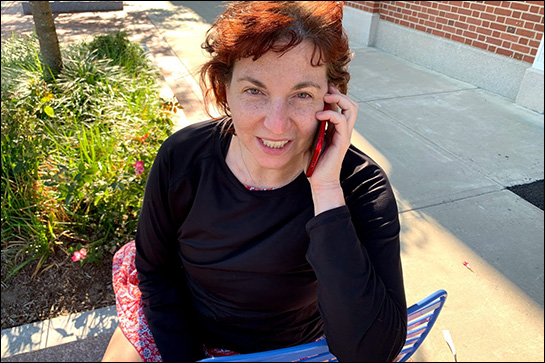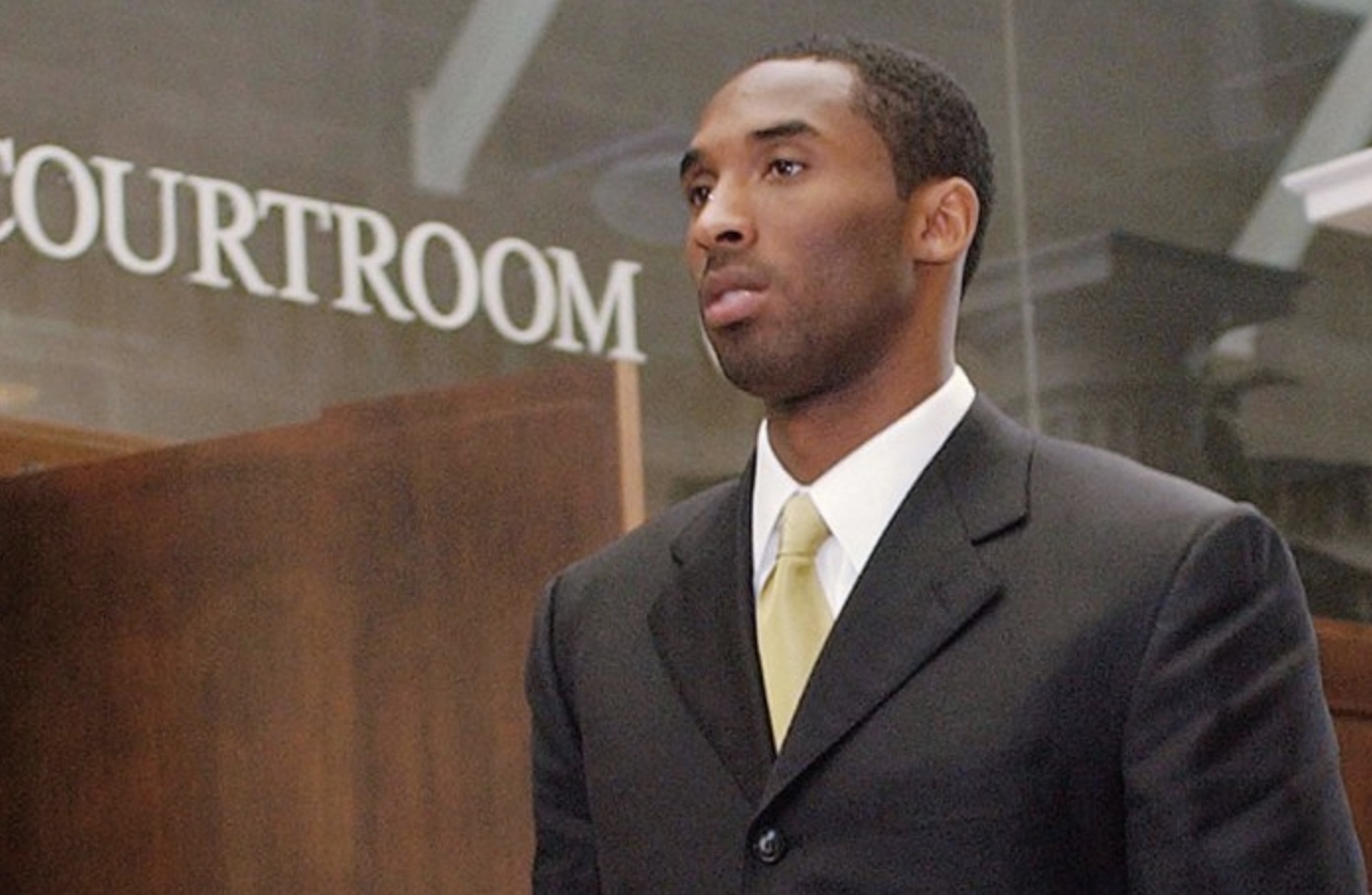
I coach lots of parents who look at scaling back work and worry about what they’ll do when their kids grow up. If you are one of those people, you are about to save the $350 coaching fee.
What you want to do for work when your kids are young is not what you want to do for work when your kids are grown. For one thing, you can’t imagine what will be available when your kid is 18. Also, you can’t imagine what you’ll be like when your kids grow up.
Shortly after I raised $500,000 for Quistic, I realized my kids needed a lot more attention than I was giving them. I tried to adjust how I spent my time, but more pressure made me feel more crazy. So, finally, at a board meeting, I explained to investors that running a startup is so intense that it’s actually as inflexible as working 9 to 5 (which is really 8-7) in an office, and I am missing too much of my kids’ childhoods.
I assumed the investors would replace me as CEO, but they told me to just slow down the growth of the company. “Take a few years break,” they said.
We agreed that when the kids got older I’d start scaling the company again. I was relieved to not have to give up everything permanently. I could go back.
But now the kids are older, and going back to that life feels like taking a step back. Last year I forced myself to try something new and I offered a one-year writing program. I loved it. All year long I talked with people about their writing, and books we love, authors we hate. It was exciting to watch people in the course become great writers over twelve months’ time.
Earlier in my life, I taught one-day writing courses at Brown and Cornell and told everyone my real job is launching startups. I have changed. That’s how I know you will, too. You will do something you did not consider before you had kids. And you will be good at it. It’s just so hard to imagine until you give it a try.
Another industry I said I’d never be a part of is publishing. It didn’t make sense to me when there was so much more money in startups. But I’m offering the one-year writing program again this year, and I’ve added something really special: a book deal. The best writers from this year’s program will be published in an anthology. I’m excited for the book to be special and important to the writers who are published. I want the book to be nice to hold and fun to read; it should be the quirky book people leave out on the table to share with their friends.
I am so happy to have spent the last year cultivating a group of writers — many of whom had never really written before. And I am happy to offer the program for a second year to people who want to be part of my writing program. We will all grow together because I’m still growing into my new choice too. As a startup founder, I used my platform to promote other startup founders and their companies. This year I will use my platform to promote other writers and their stories.
This turn of heart is not anything I expected years ago when I admitted I had to scale down my career. At that time I was disappointed and terrified. But I didn’t need to be so scared. It turns out each of us has a new episode in our career when our kids get older. We get a new chance to decide what we want. And we get to look
at the world in a fresh way as we enlist people to help us get what we want.
Not all of you have thought about writing before, but many of you have. And I hope you’ll consider joining me for this year’s writing program and all the potential that comes with it. For all of us.
Here’s the information about this year’s writing course. The price is $1550 now, but the price will go up February 1, 2020. Sign up now!




